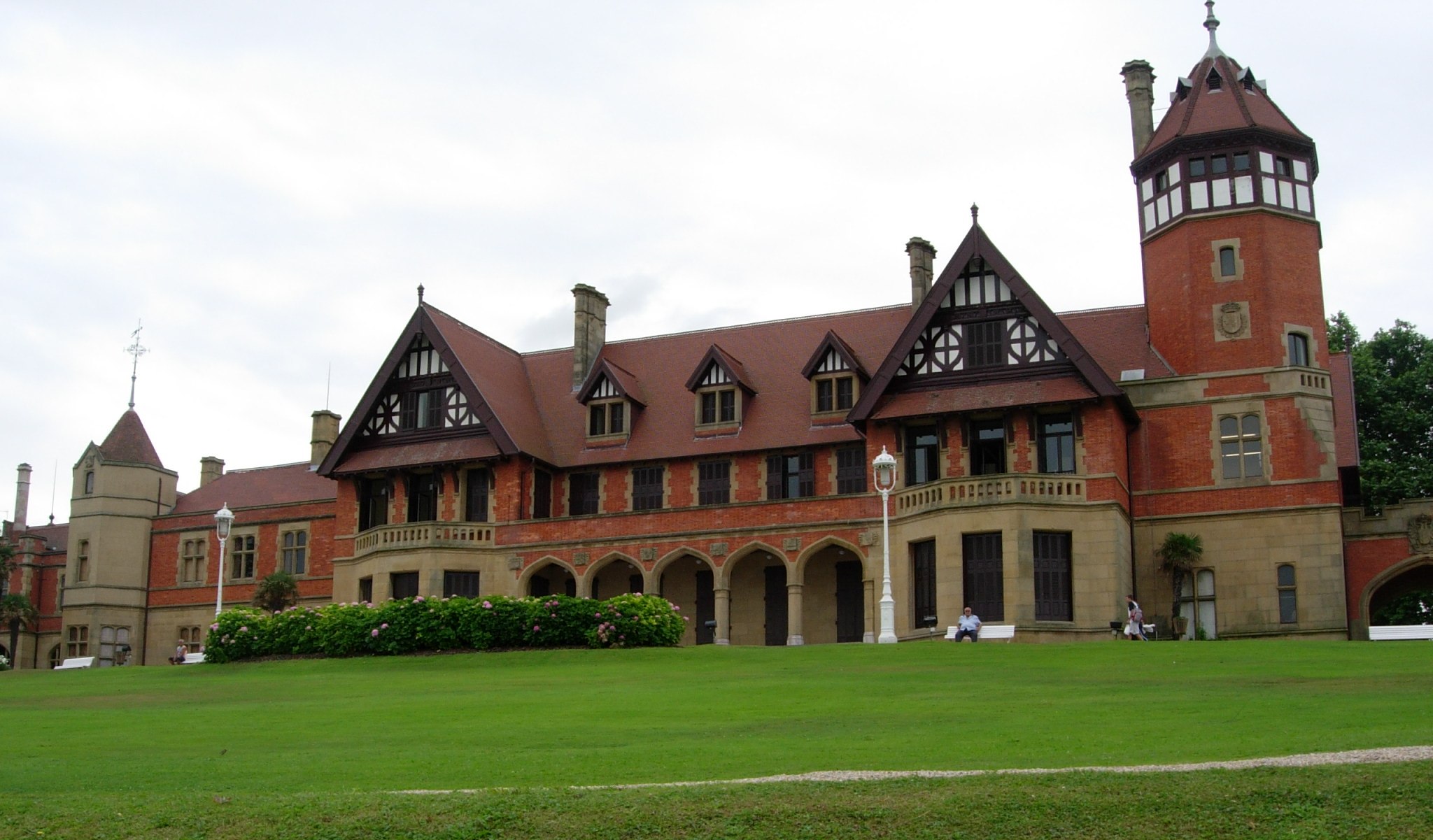|
Michael Pobanz,
Ph.D., was raised in Los Angeles,
California, a rich multicultural and
multilingual environment. Dr. Pobanz
studied psychology for one year at the
University of Madrid, Complutense. He
has taught English in both Spain and
in Japan, and traveled to nearly 50
countries around the world. Dr.
Pobanz earned his doctorate in
Educational Psychology from the
University of California, Santa
Barbara, where he had earned a 4-year
U.C. Regents Special Fellowship for
research (the highest fellowship award
in the UC system). Dr. Pobanz
currently works for the Los Angeles
Unified School District, the second
largest in the USA (more than 640,000
students), as a trilingual school
psychologist. He conducts
psycho-educational evaluations in 3
languages, counsels students, parents
and staff, and supports school- and
district-level reforms. Dr.
Pobanz also works privately as a
Licensed Educational
Psychologist. Last year he won
the LAASP Outstanding School
Psychologist of the Year Award.
PRACTICAL
WORKSHOP ABSTRACT
Interventions
for Students with Special Needs in
the U.S.
With
roughly 50,000 students with some form
of disability being served in Los
Angeles Unified School District
through special education, there are
many challenges in managing the
referral and service delivery
processes. There are thousands
of other students with disabilities,
diagnosed and undiagnosed, with whom
many forms of intervention are being
used. Michael Pobanz, Ph.D.,
will explain how these special needs
students are being found and supported
in the schools. Currently there
is a 3 level approach being used for
interventions for all students, with
the 3rd level containing special
education services. Many
of the students speak different
languages and come from different
cultures, adding to the complexity of
the interventions.
|
